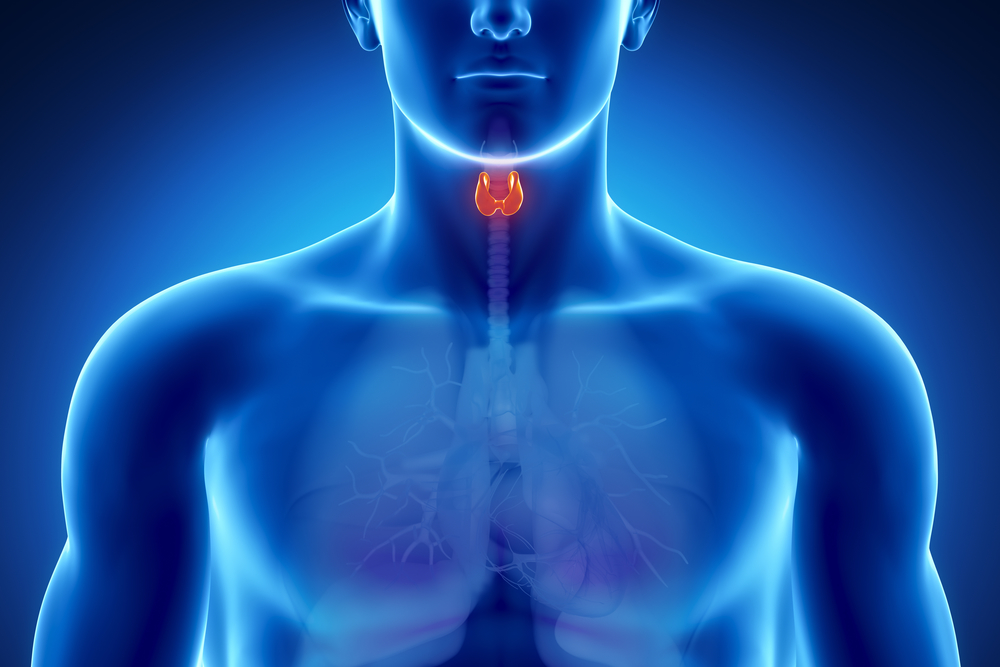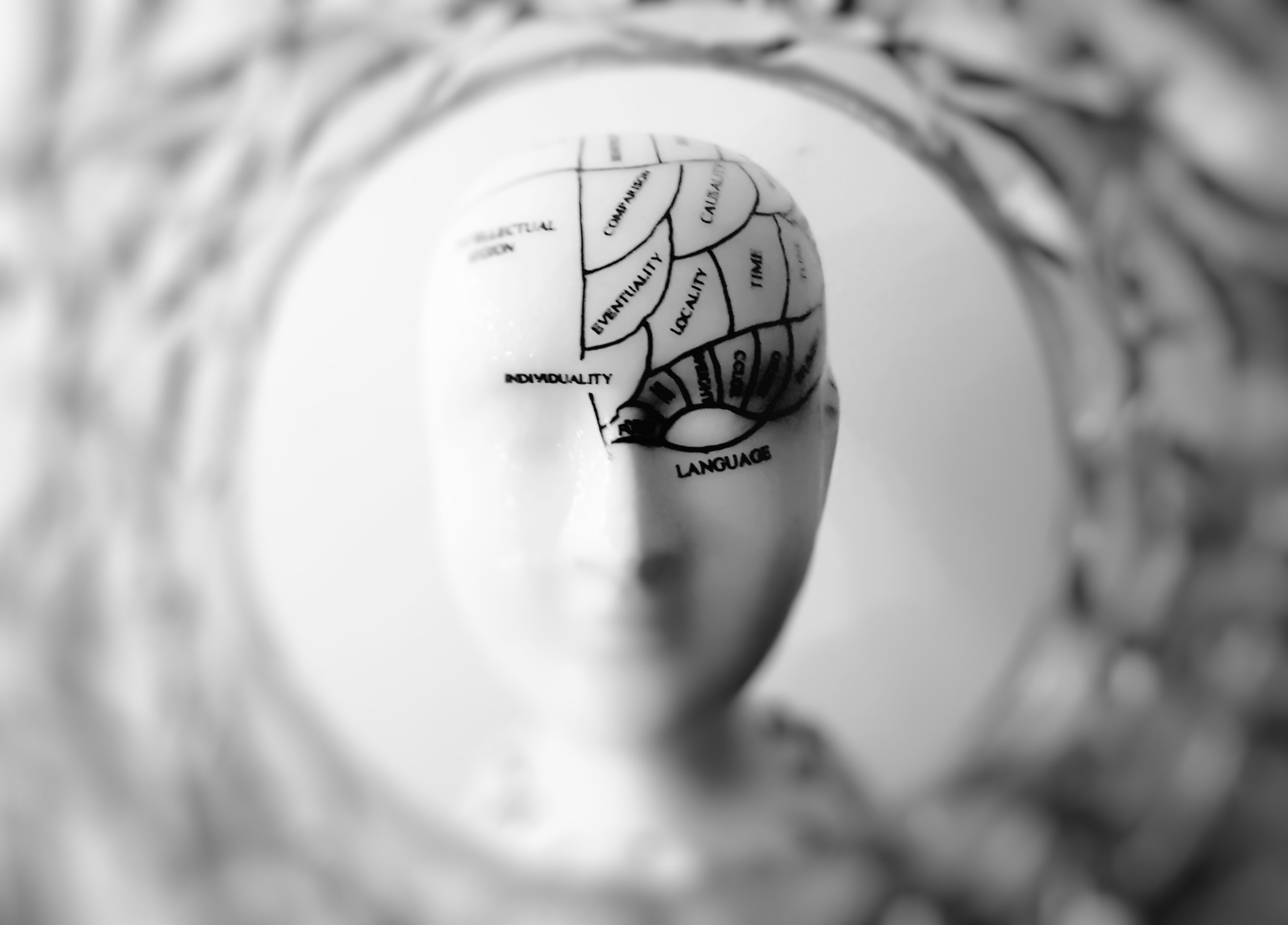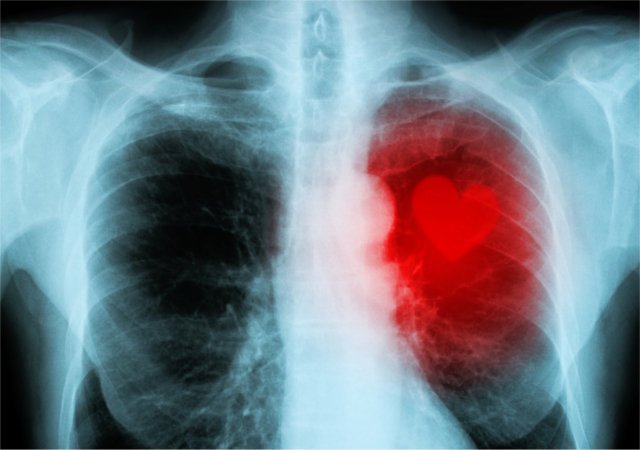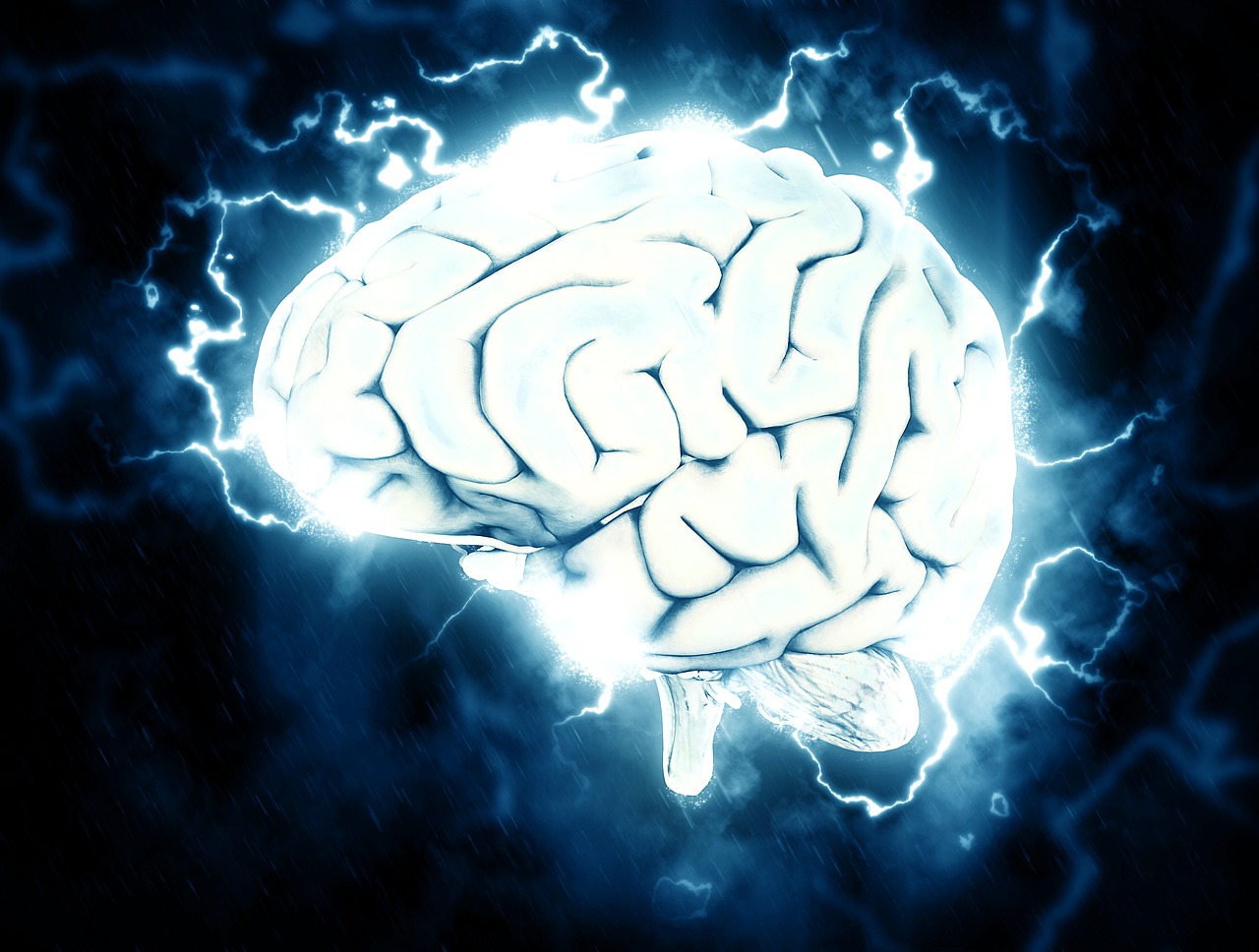Our Blog
Baldwin County Residents Discover Links Between Nutrition and Thyroid Abnormalities

Do you ever feel tired after a good night’s rest? Perhaps there are days you need to nap in the middle of the day. There are several reasons you feel this way. One explanation is a small gland known as the thyroid gland. Let’s take a look at what this gland does and how your nutrition affects its function.
How Your Thyroid Functions
Your thyroid is a small gland in your neck that produces an essential hormone called thyroxine. This hormone regulates your growth and metabolism rate. It’s also responsible for your daily energy.
In order to function correctly, the thyroid gland needs enough iodine, protein, and other minerals. If this gland has too many minerals or not enough essential nutrients, you may end up with hypothyroidism or an underactive thyroid gland.
Links Between Nutrition and Thyroid Abnormalities
Thyroid issues can manifest in different ways. Everything you eat goes through your digestive system. Your “gut” helps eliminate toxins, absorb nutrients, and distribute nutrients throughout the body. If your gut has been damaged, that damage may affect your bodies ability to absorb the nutrients your thyroid needs to be healthy and function properly.
In addition, it is important to note that other organs of the body use additional hormones pathways to communicate between the thyroid gland, the glands that control the thyroid function, or the organs and cells that are controlled by the thyroid . Since each of these pathways are nutrient driven, abnormal nutrition can alter the function of these hormones, and make it appear that a healthy Thyroid is not functioning properly.
Symptoms of An Abnormal Thyroid
How can you determine if you have a thyroid problem? The first step is to look for specific symptoms. Some common systems you can watch for are:
- Chronic fatigue
- Hair loss – especially in the eyebrow area
- Dry skin
- Sudden weight loss or gain
- White spots in your nail beds
- Muscle weakness
Determining Abnormalities
If you think you have abnormalities with your thyroid gland, you should see a doctor right away. They will run some specific lab tests to determine the issue. Pregnancy, autoimmune diseases, medications, and inadequate nutrition are common causes of thyroid problems.
Gluten and Your Thyroid Gland
Gluten is an ingredient you find in many foods today. You may think you can only find Gluten in processed foods, but gluten is in many other foods. Most people think gluten is only found in wheat, rye, or barley. The truth is that gluten lives in all forms of grain. Gluten causes inflammation in your gut and eventually creates health issues.
Gluten deprives your body of essential nutrients such as magnesium, vitamin B-12, and iron which your thyroid needs. A healthy thyroid needs other minerals and vitamins including:
Zinc
Selenium
Iodine
Omega-3 fatty acids
Vitamin A
And others…
If you suffer from fatigue or a lack of energy, you can make changes to your diet. Changes to your nutrition may also reverse the harmful effects of gluten on your thyroid and the hormones the thyroid gland produces.
Functional Medicine Can Help You Recover
Thyroid abnormalities or nutritional deficiencies that may make a healthy thyroid appear appear to be non-functioning can really affect your daily life. The great news is that you can take steps to support natural healing of your body. Functional medicine can help identify the cause of your symptoms, help support your body recovery from the thyroid issues and help restore your body’s natural balance.
Eliminate Harmful Foods
The first step is to get rid of the harmful foods your eating. What are these harmful foods? A good rule is to get rid of gluten foods. Rule out all grains to be safe. In his book, No Grain, No Pain, Dr. Peter Osborne talks about how grains interfere with nutrient absorption.
Introduce Supplements to Your Diet
Getting rid of these foods and replacing them nutrient-rich foods will help your body recover.
You should focus on eating foods with high vitamins such as:
- Grass-fed beef
- Salmon
- Kale and spinach
- Citrus fruits
A functional medicine doctor can give more direction on the nutrients you’re lacking. They will help you form a plan that fits your nutrition needs and help you restore thyroid balance.
We Can Help You Today
We understand that it’s hard to deal with health problems on your own. That is why we encourage you to call the team at The Gut Authority today. We would love to meet with you and start you on a health and wellness plan today.




